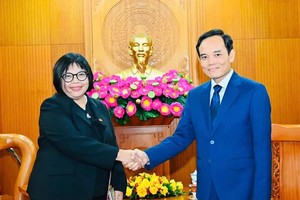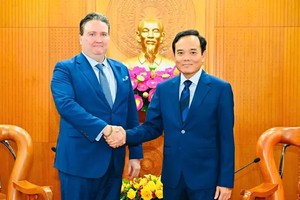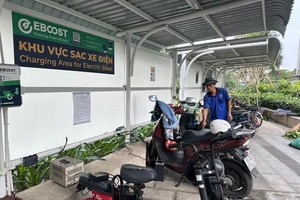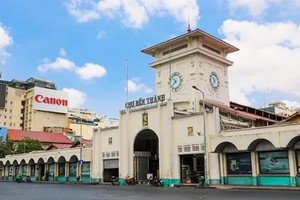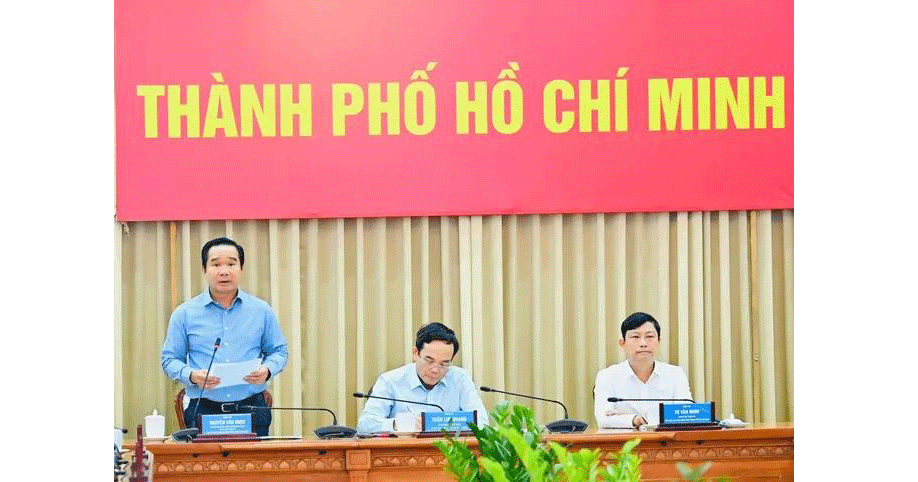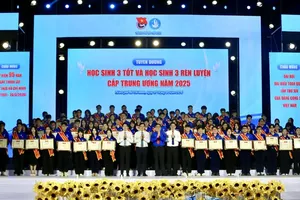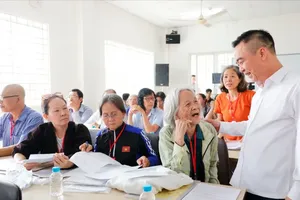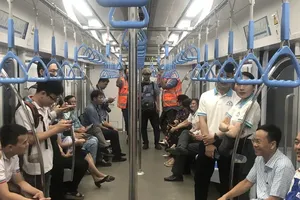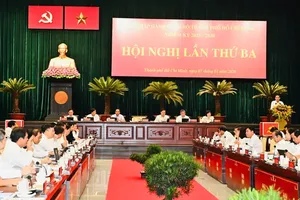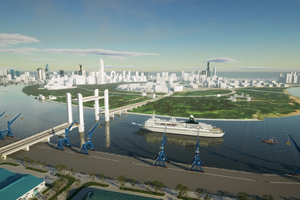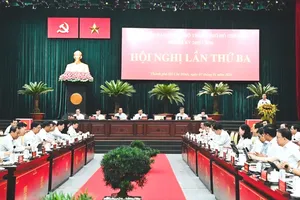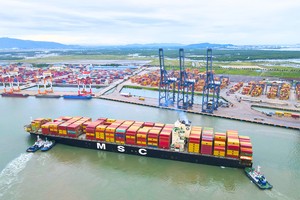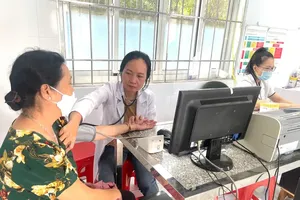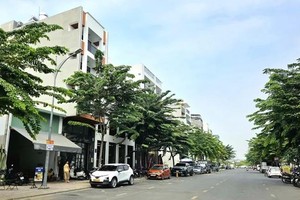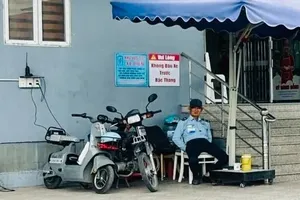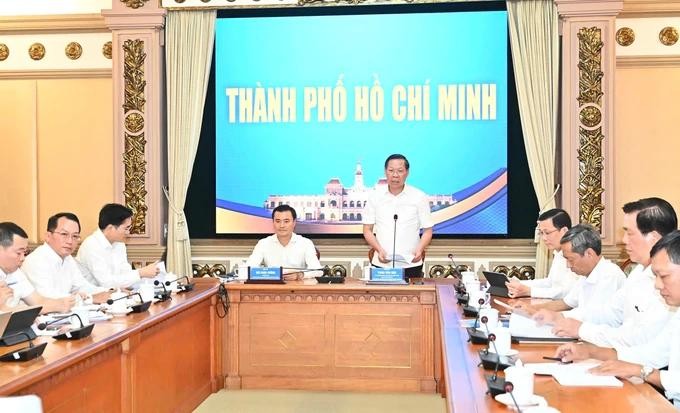
Chairman Phan Van Mai and Deputy Minister of Transport Le Anh Tuan co-chaired an online meeting with officials from Binh Duong, Dong Nai, Ba Ria - Vung Tau, and Long An provinces to discuss the progress of preparing documents for the Ho Chi Minh City Ring Road 4 project on November 11.
During the meeting, representatives from Ho Chi Minh City and the provinces of Binh Duong, Dong Nai, and Ba Ria - Vung Tau reached a consensus to strive for a financial equilibrium to facilitate the project's execution. Specifically, in Long An Province, the project spans more than 78 kilometers, requiring an estimated investment of approximately VND43 trillion (US$1,694,759,815).
Due to budgetary constraints, Long An Province pledged to allocate around VND10,000 billion and suggested that the Central Government provide support amounting to VND33,000 billion.
The investment policy for the segment traversing Binh Duong Province has received approval from the provincial People's Council. The People's Committee of Binh Duong Province has put forth a proposal to execute the policy sanctioned by the provincial People's Council and to benefit from the standard mechanisms and policies associated with the Ring Road 4 project.
Furthermore, Binh Duong and Dong Nai provinces have reached an agreement to delegate the responsibility of overseeing the construction of the Thu Bien bridge, which links the two provinces, to Dong Nai Province.
Chairman Phan Van Mai suggested that provincial People's Committees expedite the completion of pre-feasibility study reports for component projects and send them to the Ho Chi Minh City People's Committee by November 13.
He proposed provinces to complete specific tasks involving balancing local budget capital allocation with required central budget support for component project implementation, supplementing investment plans for component projects, exploring both traditional cash-based models and Build-Transfer (BT) projects.
Moreover, provincial administrations should propose appropriate policies and mechanisms to address the unique circumstances of each locality. The Ho Chi Minh City People's Committee will consolidate these findings into a comprehensive project pre-feasibility study report, which will be submitted to the Prime Minister on November 15, 2024.
Chairman Phan Van Mai suggested that the People's Committee of Binh Duong Province send a formal request to the People's Committee of Dong Nai Province to consider the inclusion of the Thu Bien Bridge project within Dong Nai Province's component projects.
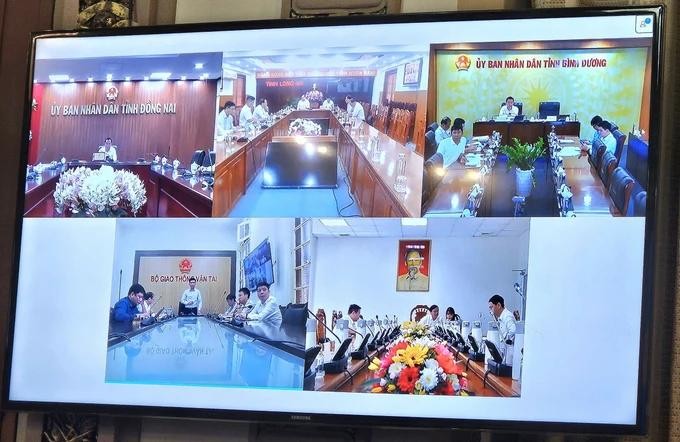
Furthermore, involved provinces are proposed to send a formal request to the Ho Chi Minh City People's Committee, seeking the Prime Minister's approval for Binh Duong Province to proceed with the implementation of the Ho Chi Minh City Ring Road 4 component project, in accordance with the resolution adopted by the Binh Duong provincial People's Council regarding the project's investment policy. Any specific policy proposals should be made by November 13, enabling the municipal People's Committee to consolidate and report to the Prime Minister as scheduled.
In a recent update regarding the preparation of the dossier for the Ho Chi Minh City Ring Road 4 project, Director Tran Quang Lam of the Ho Chi Minh City Department of Transport reported that the project spans over 200 kilometers and traverses five provinces and cities with a total investment exceeding VND135 trillion.
The project has been segmented into five component projects, allowing the respective provinces and cities to conduct independent studies. It is designed to meet expressway standards and is categorized into two groups of component projects. The first group focuses on site clearance and the construction of access roads for residential areas while the second group is the construction of the expressway itself.
Beginning in mid-October 2024, the Prime Minister designated Ho Chi Minh City as the responsible authority for finalizing the comprehensive project report, which is to be based on the consolidation of pre-feasibility study reports from various local component projects. As of now, the overall technical documentation for the project is largely finalized. However, there are two significant matters that require consensus on the sources of funding and the methods of investment.
